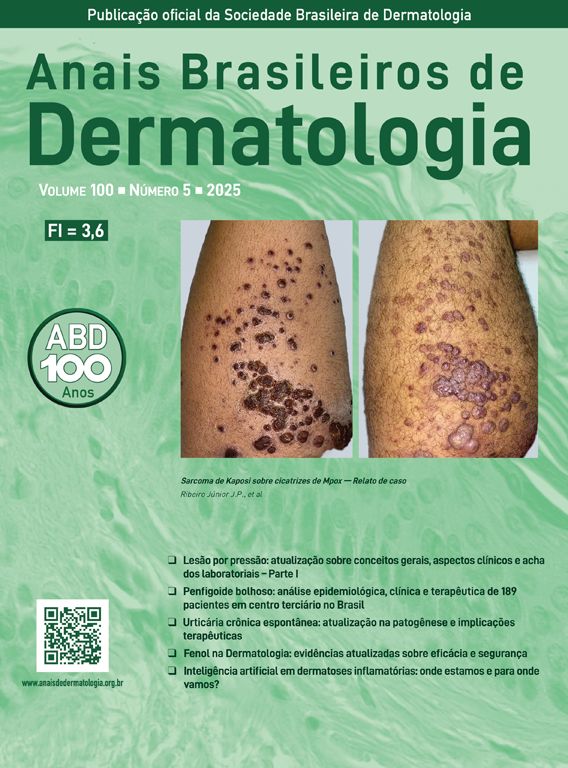que se leu este artigo
| Ano/Mês | Html | Total | |
|---|---|---|---|
| 2025 10 | 83 | 38 | 121 |
| 2025 9 | 346 | 91 | 437 |
| 2025 8 | 206 | 79 | 285 |
| 2025 7 | 257 | 85 | 342 |
| 2025 6 | 230 | 83 | 313 |
| 2025 5 | 252 | 75 | 327 |
| 2025 4 | 231 | 81 | 312 |
| 2025 3 | 272 | 58 | 330 |
| 2025 2 | 257 | 64 | 321 |
| 2025 1 | 231 | 70 | 301 |
| 2024 12 | 138 | 59 | 197 |
| 2024 11 | 168 | 69 | 237 |
| 2024 10 | 149 | 81 | 230 |
| 2024 9 | 180 | 103 | 283 |
| 2024 8 | 213 | 128 | 341 |
| 2024 7 | 352 | 127 | 479 |
| 2024 6 | 378 | 154 | 532 |
| 2024 5 | 110 | 96 | 206 |
| 2024 4 | 145 | 108 | 253 |
| 2024 3 | 59 | 49 | 108 |



